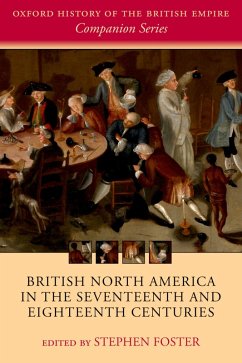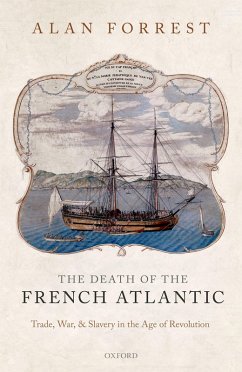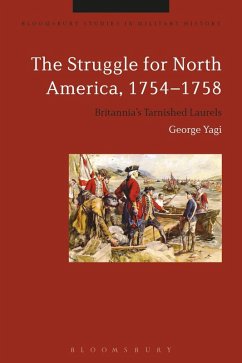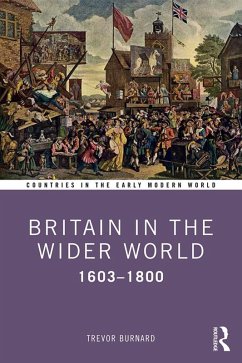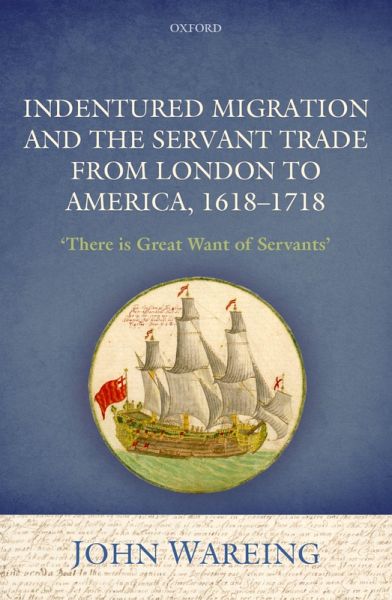
Indentured Migration and the Servant Trade from London to America, 1618-1718 (eBook, PDF)
'There is Great Want of Servants'
Versandkostenfrei!
Sofort per Download lieferbar
47,95 €
inkl. MwSt.
Weitere Ausgaben:

PAYBACK Punkte
24 °P sammeln!
The key role played by indentured servants in the settlement and development of the English colonies in the West Indies and the North American mainland in the first century of English colonisation has been overshadowed by interest in the much larger later trade in African slaves. 'There is Great Want of Servants' provides the first full examination of the English trade in indentured servants, which delivered the majority of an estimated 457,000 white people who migrated to the American colonies before 1720. English colonisation intended to create 'new Englands out of England' - to enlarge trad...
The key role played by indentured servants in the settlement and development of the English colonies in the West Indies and the North American mainland in the first century of English colonisation has been overshadowed by interest in the much larger later trade in African slaves. 'There is Great Want of Servants' provides the first full examination of the English trade in indentured servants, which delivered the majority of an estimated 457,000 white people who migrated to the American colonies before 1720. English colonisation intended to create 'new Englands out of England' - to enlarge trade and plantation - but settlement required people to work the land. Labour had to be transported over 4,000 miles of threatening ocean in a new system of indentured servitude, in which people paid for their transportation and keep, with four years of unpaid service for adults, and more for children and adolescents. The system was not benign, neither in the sugar plantations of the West Indies and the tobacco plantations of Maryland and Virginia, nor at the centre of the trade in London and in other ports such as Bristol. Merchants, procurers, and masters of ships often used illicit methods to recruit servants as human cargo. Measures to reduce spiriting by making the offence a felony punishable by hanging, or registering servants in new offices, had little effect. The 1718 Transportation Act eased servant recruitment, but when wars in 1689-1697 and 1702-1713 disrupted the supply of servants, and demand for the addictive products of the sugar and tobacco colonies soared in Britain and Europe, white servants were increasingly substituted by African chattel slaves.
Dieser Download kann aus rechtlichen Gründen nur mit Rechnungsadresse in A, B, BG, CY, CZ, D, DK, EW, E, FIN, F, GR, HR, H, IRL, I, LT, L, LR, M, NL, PL, P, R, S, SLO, SK ausgeliefert werden.





